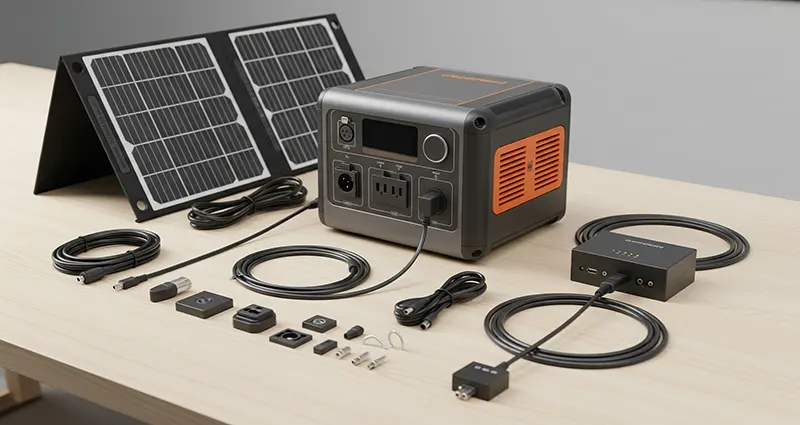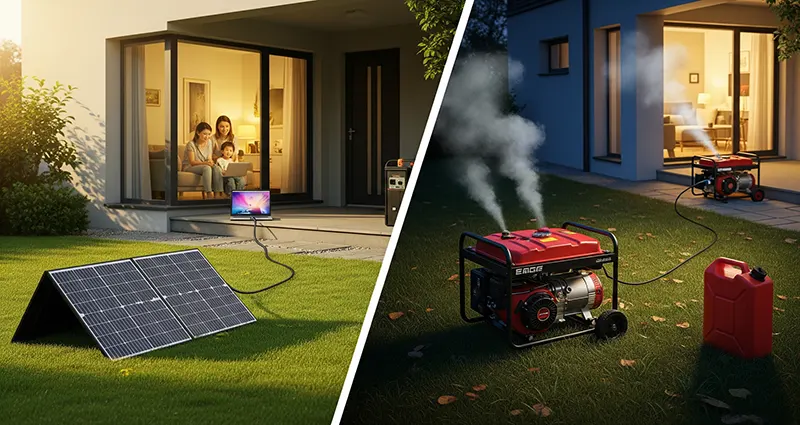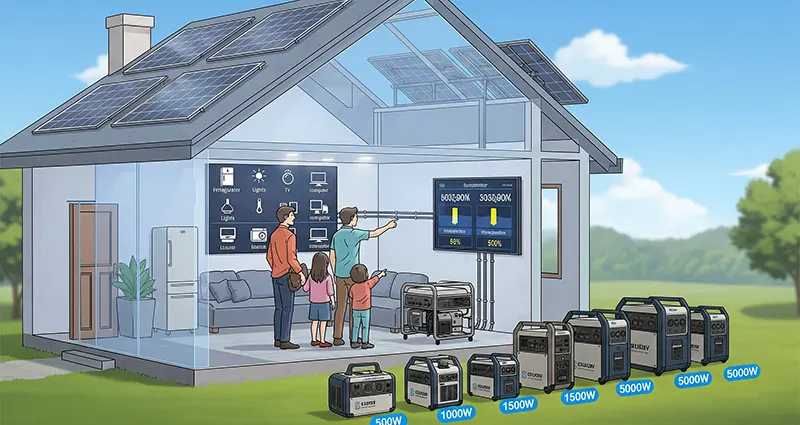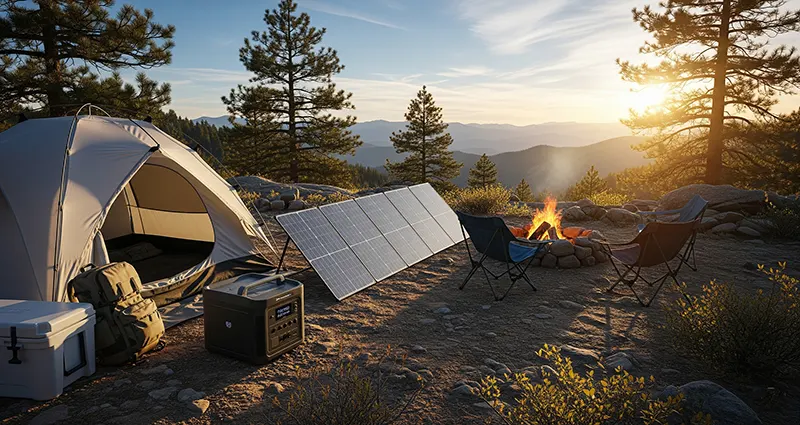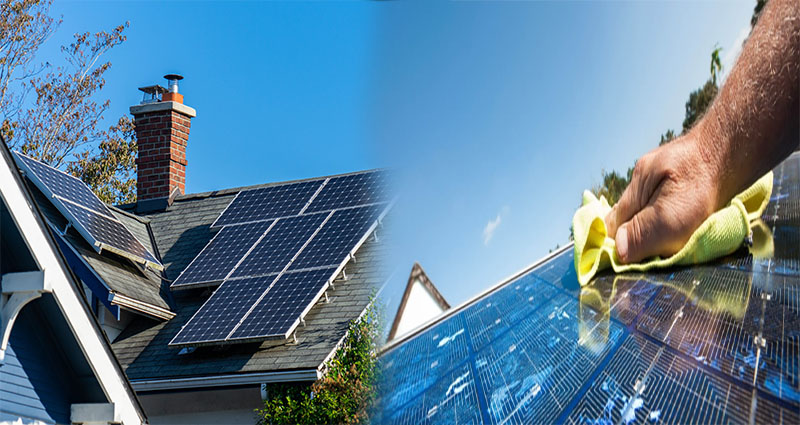Cost and benefits of a complete solar generator kit
Navigating power needs, especially with the awareness of environmental impact, often leads homeowners and outdoor enthusiasts to consider solar generator kits. These kits offer a clean and renewable energy solution, but understanding their costs and benefits is crucial for making an informed decision.
What is a Complete Solar Generator Kit?
A complete solar generator kit typically includes the following key components:
- Solar Panels: These capture sunlight and convert it into DC electricity. The kit will specify the wattage and quantity of panels.
- Portable Power Station (Solar Generator): This unit houses a battery (often lithium-ion), an inverter to convert DC to AC electricity, charge controllers to regulate the flow of energy from the panels to the battery, and various output ports (AC outlets, USB ports, DC outputs).
- Cables and Connectors: These are necessary to connect the solar panels to the power station.
Some kits may also include mounting hardware for the … READ MORE ...

